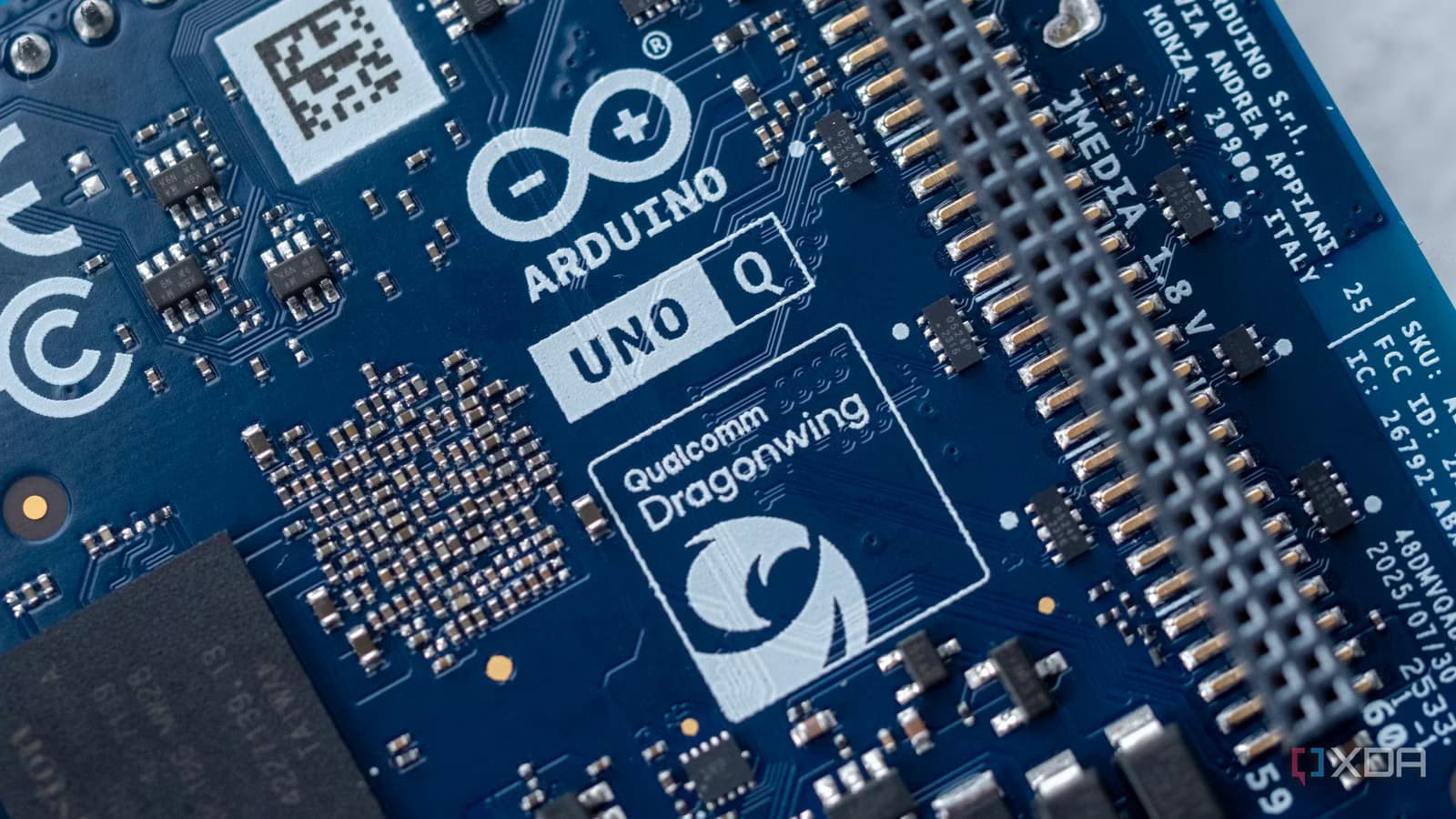We're loading the full news article for you. This includes the article content, images, author information, and related articles.
Following its acquisition by tech giant Qualcomm, Arduino's new terms of service have ignited a global backlash, raising critical questions for Kenya's growing hardware development and tech education sectors that rely on its open-source ethos.

A recent update to the terms of service (ToS) for Arduino, the popular open-source electronics platform, has triggered significant concern among the global maker community, just one month after its acquisition by US tech corporation Qualcomm was announced in October 2025. The changes, which include a new clause prohibiting reverse engineering and granting Arduino a broad, perpetual license to user-generated content, have been criticized as a betrayal of the company's foundational open-source principles.
Prominent voices in the open-source hardware movement, including US-based manufacturer Adafruit Industries, have been openly critical. Adafruit founder Limor Fried and managing editor Phillip Torrone questioned the new restrictions, asking, “Why is reverse-engineering prohibited at all for a company built on openly hackable systems?” Critics argue the new terms are overly broad and could allow Arduino and its new parent, Qualcomm, to “republish, modify, monetize, or redistribute user uploads indefinitely.” The changes have led to fears of a corporate takeover of a community-driven ecosystem, a phenomenon some have termed "enshittification."
In response to the outcry, Arduino issued a blog post on Friday, 21 November 2025, seeking to reassure its user base. The company stated its two-decade commitment to open-source is “unwavering” and that the acquisition by Qualcomm does not change its principles. Arduino clarified that the controversial restriction on reverse-engineering applies “specifically to our Software-as-a-Service cloud applications” and does not affect open-source hardware, schematics, or the Arduino IDE software. The post concluded with the assurance: “Anything that was open, stays open.”
However, this clarification has not fully appeased critics. Adafruit noted that Arduino’s blog post left many questions unanswered and that the new legal language remains broad enough to potentially route user content into Qualcomm's future data pipelines. The core of the issue remains a perceived clash between the corporate legal framework of a multinational like Qualcomm and the collaborative, open ethos that has defined Arduino and fueled its global adoption.
While the debate rages globally, the implications are significant for Kenya and the broader East African tech ecosystem. Arduino is not just a tool for hobbyists in the region; it is a foundational platform for education, prototyping, and innovation. Kenyan universities, including Dedan Kimathi University of Technology (DeKUT) and Kabarak University, have integrated Arduino into their programs, hosting workshops and fostering projects in fields like the Internet of Things (IoT). Events like Arduino Day Kenya and sessions at Nairobi Innovation Week highlight the platform's role in nurturing the next generation of Kenyan engineers and developers.
The open-source nature of Arduino has been crucial for its adoption in Kenya, where access to affordable and adaptable technology is a key driver of innovation. The maker movement, which relies on open-source hardware like Arduino and Raspberry Pi, is a growing force across Africa, enabling solutions in agriculture, renewable energy, and automation. For local innovators and startups in hubs from Nairobi to Kisumu, Arduino provides a low-cost entry point for developing and testing hardware solutions tailored to local problems. Any move that restricts the openness of the Arduino platform, whether in perception or in legal reality, could create uncertainty and potentially stifle this grassroots innovation. It raises concerns about long-term access, intellectual property, and the freedom to adapt and build upon the technology without fear of future patent claims or licensing restrictions from a corporate giant.
The controversy reflects a wider, ongoing tension in the tech world: the acquisition of community-driven open-source projects by large, for-profit corporations. While such acquisitions can provide resources and scale, they often lead to clashes over governance, licensing, and the core values of the original community. For Kenya's burgeoning tech sector, which has been identified as a continental leader in open-source adoption and innovation, this global trend is a critical one to watch. The future of platforms like Arduino will directly impact the tools available to local talent and the trajectory of the nation's hardware and IoT ambitions. As of Tuesday, 25 November 2025, the Kenyan tech community remains engaged, observing how this crucial balance between corporate strategy and open-source ideals will be struck. FURTHER INVESTIGATION REQUIRED into specific reactions from local tech hubs.
Keep the conversation in one place—threads here stay linked to the story and in the forums.
Sign in to start a discussion
Start a conversation about this story and keep it linked here.
Other hot threads
E-sports and Gaming Community in Kenya
Active 9 months ago
The Role of Technology in Modern Agriculture (AgriTech)
Active 9 months ago
Popular Recreational Activities Across Counties
Active 9 months ago
Investing in Youth Sports Development Programs
Active 9 months ago